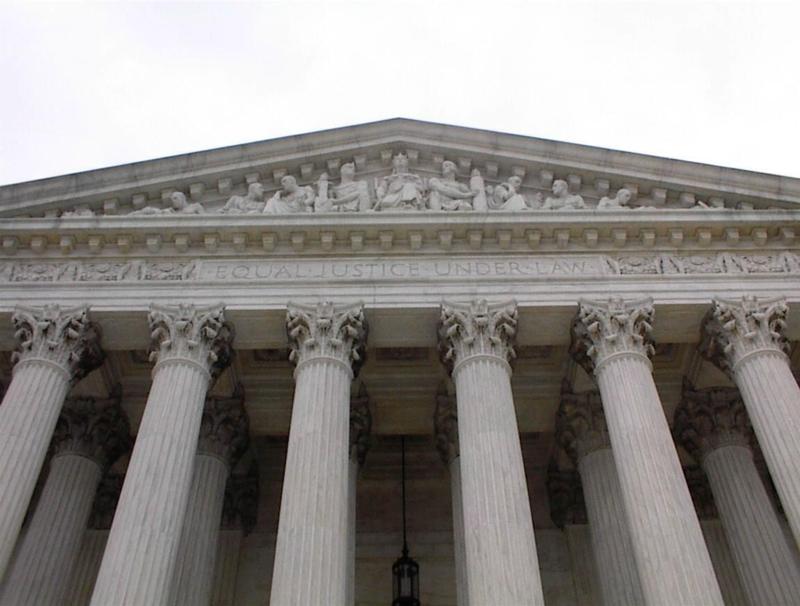On March 22, the U.S. Supreme Court accepted two cases for review during its 2021-2022 term. With the addition of these two cases, the court had agreed to hear 10 cases during the term, which is scheduled to begin on October 4, 2021.
• United States v. Tsarnaev concerns the death penalty conviction of Dzhokhar Tsarnaev, who was convicted of committing acts of domestic terrorism at the 2013 Boston Marathon. The questions presented to the court are: “1. Whether the court of appeals erred in concluding that respondent’s capital sentences must be vacated on the ground that the district court, during its 21-day voir dire, did not ask each prospective juror for a specific accounting of the pretrial media coverage that he or she had read, heard, or seen about respondent’s case; 2. Whether the district court committed reversible error at the penalty phase of respondent's trial by excluding evidence that respondent's older brother was allegedly involved in different crimes two years before the offenses for which respondent was convicted.” Tsarnaev originated from the U.S. Court of Appeals for the 1st Circuit.
• Servotronics, Inc. v. Rolls-Royce PLC concerns whether a private commercial arbitral tribunal is a foreign or international tribunal within the meaning of 28 U.S.C. §1782(a). The question presented to the court is, “Whether the discretion granted to district courts in 28 U.S.C. §1782(a) to render assistance in gathering evidence for use in 'a foreign or international tribunal' encompasses private commercial arbitral tribunals, as the Fourth and Sixth Circuits have held, or excludes such tribunals without expressing an exclusionary intent, as the Second, Fifth, and, in the case below, the Seventh Circuit, have held.” Servotronics originated from the U.S. Court of Appeals for the 7th Circuit.
The Supreme Court is currently hearing oral arguments as part of its 2020-2021 term. Its March sitting began on March 22 and will conclude on March 31, with the court hearing six hours of oral argument during that period. As of March 8, the court had agreed to hear 63 cases during its 2020-2021 term. Of those, 12 were originally scheduled for the 2019-2020 term but were delayed due to the coronavirus pandemic. Also as of March 8, the court had issued opinions in 19 cases this term. Four cases were decided without argument.
Additional Reading:



